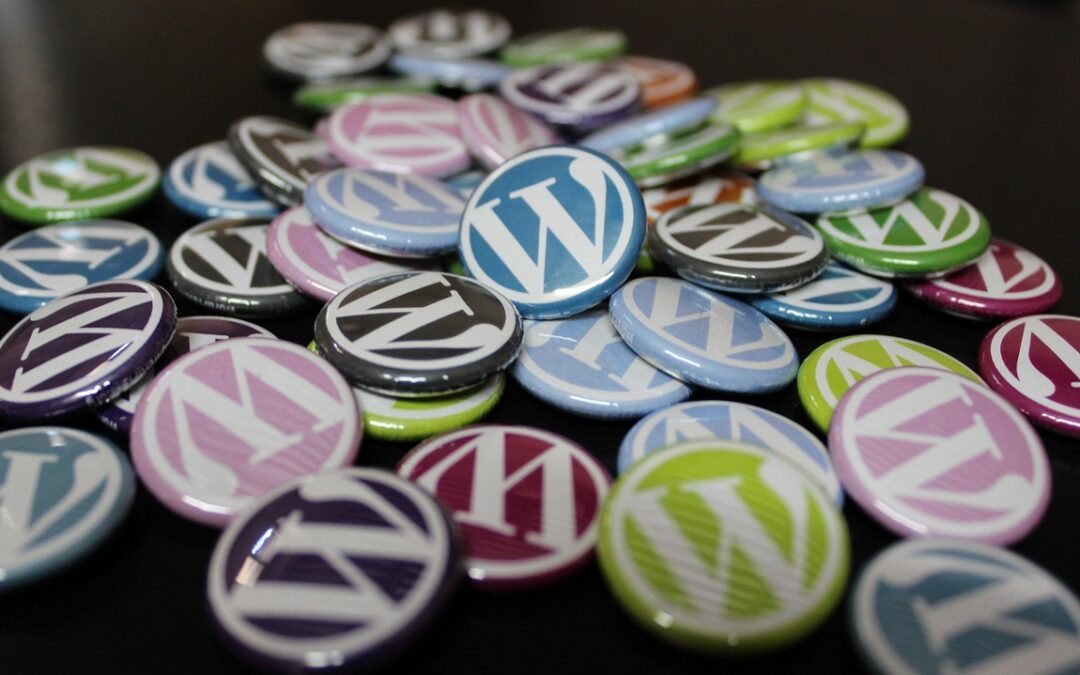In today’s digital era, having a robust online presence is crucial for businesses, bloggers, and creatives alike. Whether you’re aiming to launch a blog, an e-commerce platform, or a portfolio website, choosing the right Content Management System (CMS) is a pivotal decision that can greatly impact your online success. With a plethora of CMS options available, finding the one that perfectly aligns with your needs requires a deep dive into what each platform offers. This article aims to shed light on the best CMS options, comparing their advantages and disadvantages to help you make an informed decision. Additionally, we’ll explore the importance of selecting a local hosting provider to enhance your website’s performance and accessibility.
WordPress: The Titan of Flexibility
Advantages:
- User-Friendly Interface: WordPress is renowned for its simplicity and ease of use, making it ideal for beginners and professionals alike.
- Extensive Customization: With thousands of themes and plugins, WordPress offers unparalleled customization options to cater to any niche or requirement.
- Strong Community Support: Being the most widely used CMS, WordPress boasts a vast community. Users benefit from comprehensive documentation, forums, and third-party resources.
Disadvantages:
- Performance Issues: With excessive plugin usage, WordPress sites can suffer from slow loading times and performance dips.
- Security Vulnerabilities: Due to its popularity, WordPress is a common target for hackers, necessitating regular updates and maintenance.
Joomla: The Middle Ground
Advantages:
- Flexibility with Structure: Joomla offers a balance between user-friendliness and advanced features, suitable for websites with complex structures.
- Built-in Multilingual Support: Unlike other CMS options, Joomla provides native support for multilingual websites, making it a great choice for international audiences.
Disadvantages:
- Steep Learning Curve: New users might find Joomla’s interface and functionality a bit overwhelming compared to WordPress.
- Limited Extensions: Though Joomla has many extensions, it falls short of the extensive library that WordPress offers.
Drupal: The Developer’s Haven
Advantages:
- Highly Customizable: Drupal excels in customization and scalability, ideal for complex websites and those requiring rigorous data management.
- Robust Security: Known for its strong security measures, Drupal is often the go-to CMS for government and financial websites.
Disadvantages:
- Complexity: Drupal’s steep learning curve and complexity make it less suitable for beginners or small projects.
- Resource-Intensive: To get the most out of Drupal, having a developer or technical expertise on hand is almost a necessity.
Shopify: E-commerce Specialist
Advantages:
- E-commerce Focus: Shopify is specifically designed for e-commerce, offering powerful tools for building and managing online stores.
- Integrated Payment Solutions: It provides seamless integration with various payment gateways, simplifying the transaction process for businesses and consumers.
Disadvantages:
- Limited Customization: While Shopify is great for e-commerce, its customization capabilities are somewhat restricted compared to more versatile CMS platforms.
- Monthly Fees: Unlike most CMS options, Shopify operates on a subscription model, which can add up, especially with additional paid plugins and themes.
The Role of Local Hosting
Choosing the right CMS is only part of the equation; selecting a local hosting provider such as ChicagoCloud can significantly impact your website’s performance and reliability. Here’s why local hosting matters:
- Reduced Latency: Hosting your website closer to your target audience ensures faster loading times, enhancing user experience and SEO rankings.
- Improved Support: Local hosting providers can offer more tailored support and faster response times, which is crucial during website downtimes or technical issues. No more paying thousands of dollars just to wait days for your issue to be resolved.
- Ease of Access: Local hosts often provide interfaces and support in your native language, making it easier to manage your website.
In conclusion, finding the best CMS option depends on your specific needs, technical skills, and the nature of your project. WordPress stands out for its ease of use and versatility, Joomla offers a middle ground with more structured capabilities, Drupal appeals to those with technical expertise, and Shopify focuses on e-commerce. Beyond selecting a CMS, partnering with a local hosting provider can further optimize your website’s performance, offering a seamless experience to your visitors. By considering these factors, you can create a digital presence that not only meets your requirements but also positions you for online success.

